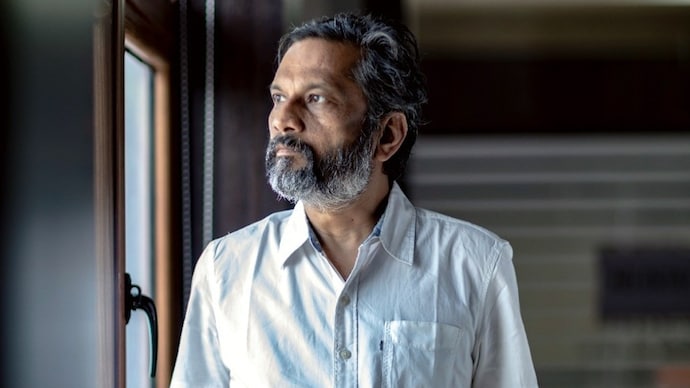
Zoho’s in-house messaging software, Arattai, is making waves after dominating the Indian app store charts. Since its first release in 2021, the software has gained a lot of attention as more users search for safer, spyware-free substitutes for international texting services. It’s positioning as a “made-in-India, privacy-first” service seems to have struck the right chord with people.
But along with this growth came an old question, should Zoho list on the Indian stock market so that ordinary investors can participate in its success? Investor Venkatesh Alla was one of those who publicly pushed the idea. Vembu, however, had a different take. He explained that if Zoho were a publicly listed company, Arattai might not even have existed.
“A public company that faces quarterly financial pressure would probably not have built Arattai,” he stated. He said that Zoho developed the program because it felt that India required such engineering prowess, calling it a “hopelessly foolish” initiative that even staff questioned. “This kind of long-range R&D simply cannot survive quarter-to-quarter market pressures,” Vembu noted.
He also provided insight into Zoho’s workplace culture, characterizing it as extremely thrifty, particularly among its founders and top executives. Vembu likened it to how isro scientists work, concentrating on the long term rather than pursuing immediate gains. He noted that it is challenging to explain this mentality to “Wall Street or Dalal Street,” writing, “We basically ignore short-term profits, as long as we don’t lose money.”
Vembu went one step farther and claimed that Zoho is more akin to an independent research lab than a software corporation. He mentioned efforts in a variety of domains, including operating systems, robots, artificial intelligence, semiconductor design, compilers, and even security. He acknowledged that many of these are essential for long-term skill building even though they are not anticipated to yield immediate benefits.
Arattai provides users with the standard range of functions, including media sharing, voice notes, calls, messaging, and even support for Android TV. Its privacy position is its greatest selling point. The business has already implemented end-to-end encryption for calls and promised that customer data will not be monetized. However, conversation encryption is currently being developed.
There have been issues with the unexpected demand. Users have complained about syncing issues and OTP transmission delays. Vembu admitted to these problems and stated that the business is improving the app and growing its infrastructure. “Everyone is working tirelessly,” he stated.
For breaking news and live news updates, like us on Facebook or follow us on Twitter and Instagram. Read more on Latest India on thefoxdaily.com.


COMMENTS 0